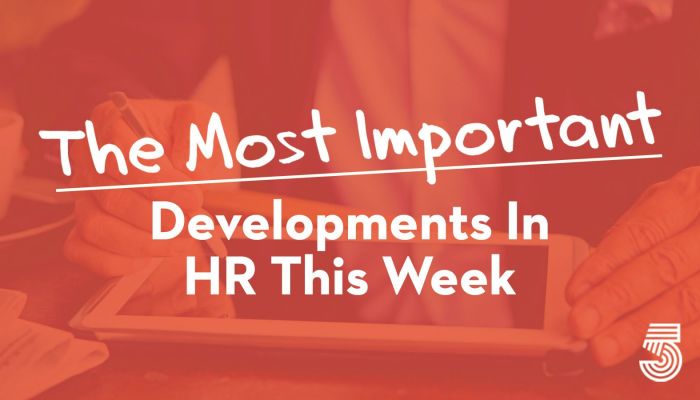The M.I.D., as we call it, is curated by our editorial team from more than 50 news sources. Like a lot of good ideas, this started as something I wanted for myself. If I can’t read everything, I at least want to stay abreast of the most important developments.
This week in HR, employers aren’t expanding benefits after all (mistake!), HR was pivoting again toward hybrid learning, Johnny Taylor offered some great questions for HR to ask to determine culture fit, Deloitte offered good advice on how to transform into a skills-based company and it’s official – we all hate performance reviews.

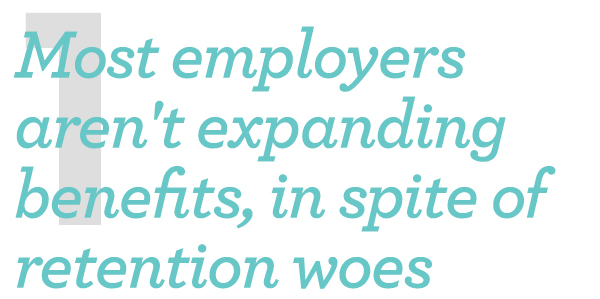
Despite recruitment challenges, a rapidly changing market and heightened employee expectations, the majority of employers haven’t expanded benefits over the past year, new data finds. More than half of employers (54%) have not expanded their offerings over the last year, according to a survey of 1,100 employees from the software firm isolved — a finding that is “very surprising,” one expert says, considering the competitive environment employers are in right now. “No company is immune to today’s recruiting and retention challenges, yet many have not acted to be more competitive,” says Amy Mosher, chief people officer at isolved. The survey also found that 82% of employees consider benefits to be part of their total compensation when deciding to accept a job offer or stay with their existing employer, “so whether they’re actively looking for a new position or passively being recruited, their benefits package matters,” Mosher explains. HRE

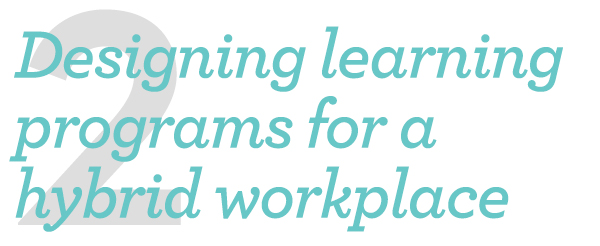
Many company leaders are anxious about developing talent in a hybrid work environment. It feels like an almost impossible task due in large part to the common misconception that formal and informal learning are best done when people are in the same room. But because virtual learning can be scaled relatively easily and delivered flexibly in ways that accommodate other ongoing work, well-designed virtual learning has been shown to be as effective as in-person learning — and often more so. There are, however, a few legitimate challenges with virtual and hybrid learning. Fortunately, each is a solvable problem when you’re armed with the strategies for keeping learners’ attention, managing their energy, and making the social aspects of virtual learning more comfortable (and less awkward). HBR
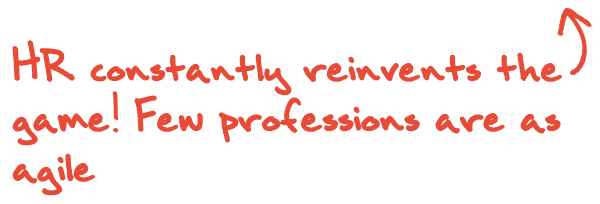
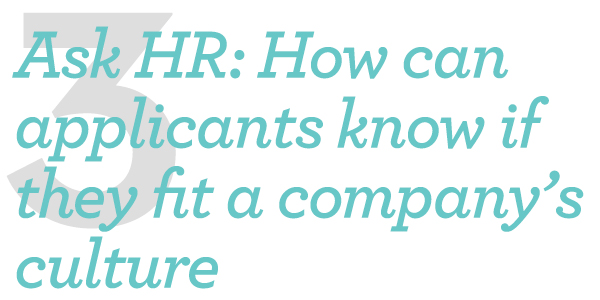
SHRM President and CEO Johnny C. Taylor, Jr. answers HR questions as a series for USA Today. Here’s the latest, giving insight into applicants and company culture. “Many people struggle with the concept of cultural “fit” or alignment. When looking for culture fit you want to see how your work style and values align with a prospective employer. You could conceivably have the requisite skills and experience for a position but not align with the organizational culture. In these situations, work can be especially taxing and make for a poor experience and eventually lead to poor performance. There may not be good or bad cultures per se—excluding illegal, immoral or unethical cultures—but there certainly can be good and bad cultures for you and your unique work style. From an employer’s perspective, workplace culture defines who they are and how they get work done. Ideally, once workplace culture is clearly defined the organization will recruit based on those traits. Similarly, you can evaluate employers to ensure you will be working in an environment aligned with your personal preferences. It may be helpful to think through questions like the ones below and write down your answers to help clarify your opinions. How do you like to make decisions? Are you cautious? Or are you a risk-taker? How do you deal with ambiguity? How open are you to accepting unclear or new situations in the workplace? How do you respond to varying degrees of structure within a company? How do you respond to different managerial styles? Do you prefer to work alone or in teams? How adaptable are you? SHRM

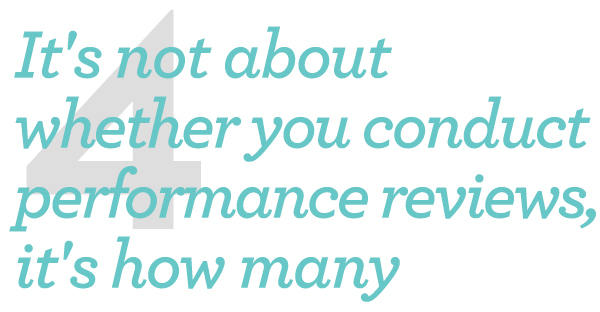
Performance reviews are like grown-up report cards. Whether you’re on the receiving or giving end, they can be enough to make you want to call out “sick” for the day. Many HR leaders agree that one performance review a year simply isn’t enough, and over the years, companies including Google and Accenture have shifted their frequency. “Going into a performance conversation once a year is riddled with issues,” said Megan Smith, vice president and head of HR in North America at SAP, adding that once or even twice-yearly reviews don’t allow employees to course-correct and can be clouded by bias. But with some preparation HR leaders, experts said, can use performance reviews to empower employees. In 2017, SAP chose to connect with its employees even more frequently and moved to a model based on continuous feedback and direction. Smith explained, “We want employees to feel that their manager wants to talk about not just what they’re doing, but how they are doing.” A survey conducted by SAP found that 82% of employees “feel they receive ongoing feedback that helps them improve in their performance.” HR Brew
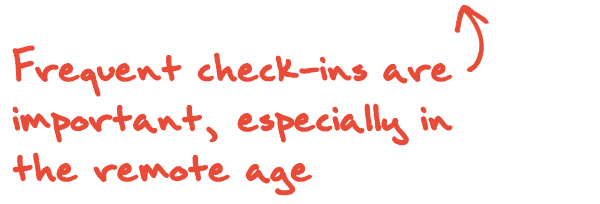
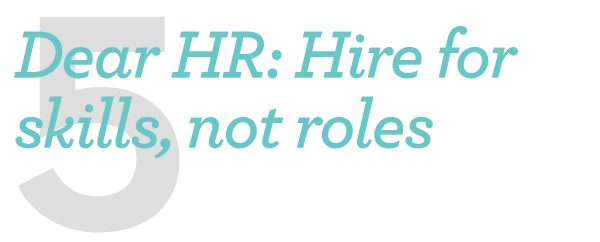
Organizations can optimize their workforce’s abilities by becoming skills-based organizations in which recruitment and retention processes prioritize skills and human capabilities, according to research published by Deloitte. Changes accelerated in the labor market by the COVID-19 pandemic have only heightened the urgency for this transformation. How do organizations start with this kind of transformation? Deloitte recommends identifying a talent practice where the biggest business case is based on your organization’s specific needs and pain points. Some organizations start with those practices that have the clearest connection with skills today, like learning and development or talent acquisition, or where they are based on more mature technologies easily available as upgrades to existing HR information systems. Think about how to thread skills through the organization’s talent practices. For example, how can you alter workforce planning to project for skills, not headcount? How can succession planning emphasize capabilities instead of roles? Deloitte Insights2Action






